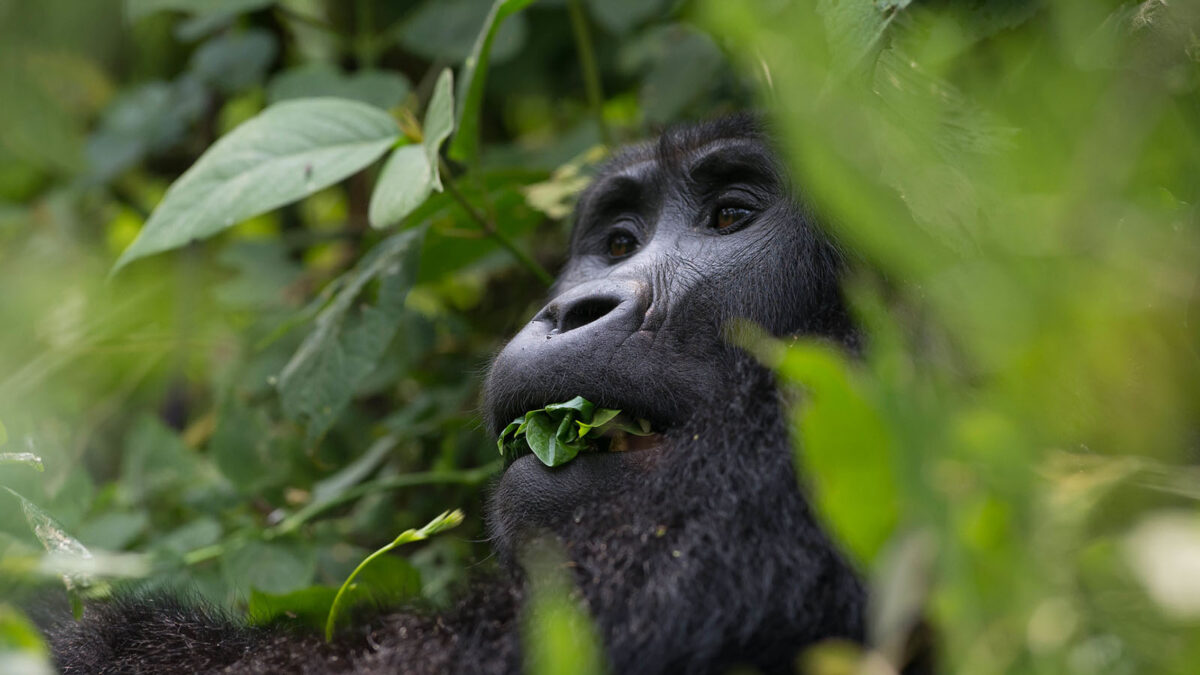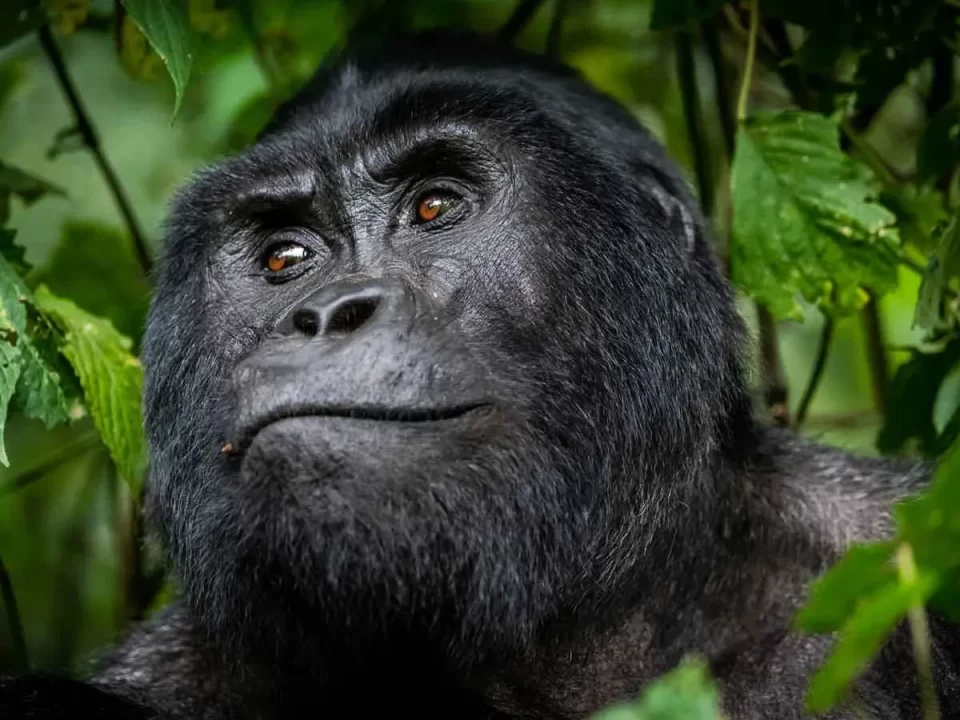Gorilla Trekking Tipping Advice

Best Places To See Chimpanzees in the Wild
December 16, 2022
Can I Resell my Gorilla Permit?
December 17, 2022Gorilla Trekking Tipping Advice/ Why You Should Tip on an African Safari
While it is not mandatory, it is customary to give a tip on an African safari as a way to show gratitude for excellent service. The amount of the tip should be based on your level of satisfaction with the host’s services. Some people may feel that tipping is an unnecessary expense, especially since safaris can be expensive. However, it’s important to remember that the team responsible for your experience, safety, health, nutrition, and comfort often work in difficult circumstances in remote locations, away from their families. A tip is a way to recognize the extra care and hard work that goes into making your safari an unforgettable experience.
Many of the people who deserve your tip are locals, such as staff at lodges, guides, porters, and drivers. Tipping is a direct way to financially support these people and their communities. It is also an opportunity to be part of the growing sustainable travel movement by supporting local economies. Ultimately, the decision of how much to tip is up to you, and you can use it as a way to show your appreciation for the hard work and dedication of the team that makes your safari possible.
To whom should you give a tip on an African safari, and how?
Safari guides play a crucial role in making your holiday a success, as they are the ones who help you connect with local culture, people, and wildlife. As a result, they often receive larger tips. If you want to show your appreciation for their hard work and dedication, we recommend giving a tip of between $10 to $20 per couple per day. You can give the tip directly to the driver at the end of the safari, or to the guide at the end of a day excursion such as gorilla trekking or chimpanzee trekking. Tipping is a way to show your appreciation and support for the hardworking individuals who make your safari an unforgettable experience.
The lodge service staff, including your butler, room service, and housekeeping, play a crucial role in ensuring that you are comfortable during your stay. To show your appreciation for their hard work and dedication, you can tip them directly at the end of your visit, or leave a general tip for the entire staff with the lodge manager. Many lodges also have a communal tip box in a central area where you can leave a tip to be distributed among all staff members who contributed to your experience. This can be a good way to give a tip without any awkwardness or discomfort. As a general guideline, you can tip each service staff member $10 to $15 per day, or more if you feel that they deserve it.
On day excursions and other safari activities, you will often be accompanied by a team of staff members who are essential to managing your experience. For example, on a gorilla trekking excursion, you may have a tracker, two armed rangers, and a porter. The tracker helps find the best route to the gorillas, the rangers ensure your security, and the porter carries your belongings. At the end of the excursion or trekking trip, it is customary to tip each of these staff members a certain amount to show your appreciation for their hard work and dedication. As a general guideline, you can give each person between $10 to $15, or even more if you feel that they deserve it. Tipping is a way to show your gratitude and support for the people who help make your safari activities a success.
Transfer drivers, If you have the same transfer driver as your safari guide on your African safari, you can follow the guidelines for tipping safari guides provided above. If you have a separate transfer driver, it is customary to tip them a certain amount to show your appreciation for their hard work and dedication. A good amount to offer your airport transfer driver is $5 to $10, especially if they were friendly and went above and beyond to make you feel welcome. Tipping transfer drivers is a way to show your gratitude for their services and support local economies.
When to tip
It is generally best to tip just once at the end of the activity, day, or trip, or at the end of your stay at each lodge. Tipping during the activity or service may create the impression that the service person is performing for the reward, which can ruin the host-guest relationship and make other guests uncomfortable.
It is also important to be mindful of beggars and avoid giving money to them, especially children, who may be particularly vulnerable to becoming beggars. Instead, try to engage with the person before offering anything to them. Giving money to beggars can perpetuate a cycle of dependency and may not always be the most effective way to help. By supporting local economies through tipping and other means, you can contribute to sustainable tourism and make a positive impact on the communities you visit.
How to book an African safari
Let us help you with all the questions about planning your African Safari. We know the local logistics and have the expertise to operate safari holidays. Trust our safari consultants to help you plan your lifetime safari holiday.
Please send us an email at info@trekafricatours.com to give you a customizable quotation, and we will explain more about why you should trip on your African safari.




